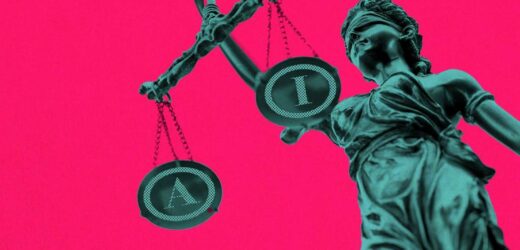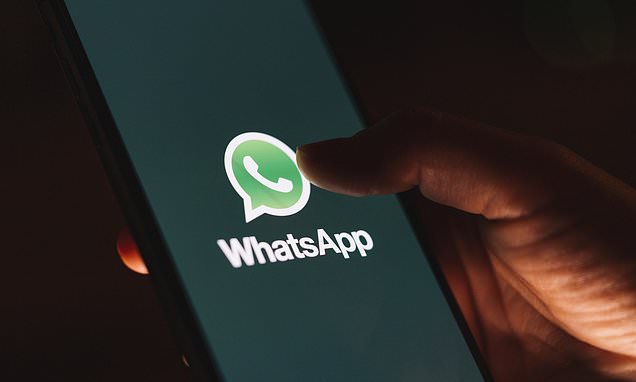Generative AI is quickly becoming a mainstream tool for producing creative works, but it is producing something else significant to the creative economy: risk.
The U.S. Copyright Office (USCO) issued new guidance on AI-generated work following its recent decision to cancel a copyright registration for a comic book because of a failure to disclose and disclaim AI-generated images incorporated in it.
This highlights a host of new issues that must be carefully managed as AI tools are adopted among those who rely on copyright, from individual creators to Fortune 500 companies. This article provides some key takeaways and steps one can take to investigate and mitigate risk from generative AI.
AI Cannot Generate a Copyright … At Least for Now
Kristina Kashtanova received a copyright registration for her 18-page comic book, “Zarya of the Dawn.” The USCO initiated an inquiry after learning through social media that Kashtanova created her images using Midjourney, a popular subscription-based AI that turns out images from text prompts input by the user. Kashtanova used “hundreds or thousands of descriptive prompts” until the AI-generated image was “as perfect a rendition of [the comic’s] vision as possible.”
According to the USCO, however, Midjourney “generates images in an unpredictable way” that differs from other creative tools, such as Photoshop. The agency concluded such AI-generated images were not the “product of human authorship,” hence not protectable under copyright. And a new registration will be issued covering only the comic’s text and selection/arrangement of elements but excluding “artwork generated by artificial intelligence.”
This decision clarifies the range of human contributions that may sustain copyright in an AI-assisted work, but questions still remain. At the bottom of that range is an image forged completely “autonomously” — as in, without human intervention — which the USCO has found uncopyrightable. Above that is Kashtanova’s use of Midjourney to create images, which still falls short of the bar for copyrightability.
It remains to be seen whether other uses of AI, or other AI models, can ever clear that bar. The USCO’s latest guidance says applicants have a duty to disclose AI assistance and explain the human author’s contributions for both pending and granted applications.
Generative AI Diligence and Mitigation
In the meantime, the creative economy must manage an ever-growing risk that copyrights fundamental to the business are, or incorporate products of, generative AI. In such situations, the works may be unprotectable. Here are some steps one can take to mitigate these risks:
- Companies that have used generative AI tools to create content or other potentially copyrightable work should review any that are important to their business to evaluate the extent of the generative AI use.
- Can the AI-generated aspects be removed, replaced or potentially substantially altered with human-created work? If not, then consider the impact on the business if some or all of the applicable content or other work is not protected by copyright.
- Consider how the USCO ruling and guidance could impact existing contracts, in particular where a company has made a commitment about ownership of content it has created, and its ability to enforce rights in such content.
- Confirm whether AI-generated contributions have been used and disclosed in prior copyright applications and registrations and whether notices or supplements are warranted.
- establish clear policies about when generative AI is permitted or prohibited.
- incorporate those policies or related terms into employment contracts and service agreements.
- include questions about the use of generative AI in diligence questionnaires.
- require representations and warranties that no material content or other works are, or incorporate the products of, generative AI and related indemnities protecting against such risks.
- if you are in the position of providing rights or licenses to content or other works, be sure you understand the extent of your use of AI in their creation, and if you aren’t clear on that use, do not make unqualified commitments about the content or works being protectable by copyright law or regarding exclusive rights to use the content or other works.
Adrian Perry is a partner at global law firm Covington & Burling, co-chair of its Entertainment and Media Industry group and a member of the firm’s AI Initiative. Phil Hill is special counsel focusing on copyright, media and tech, and Jake Glendenning is an associate in the litigation practice group.
Check out part one of VIP+’s deep dive into all things AI …
Read More About:
Source: Read Full Article



